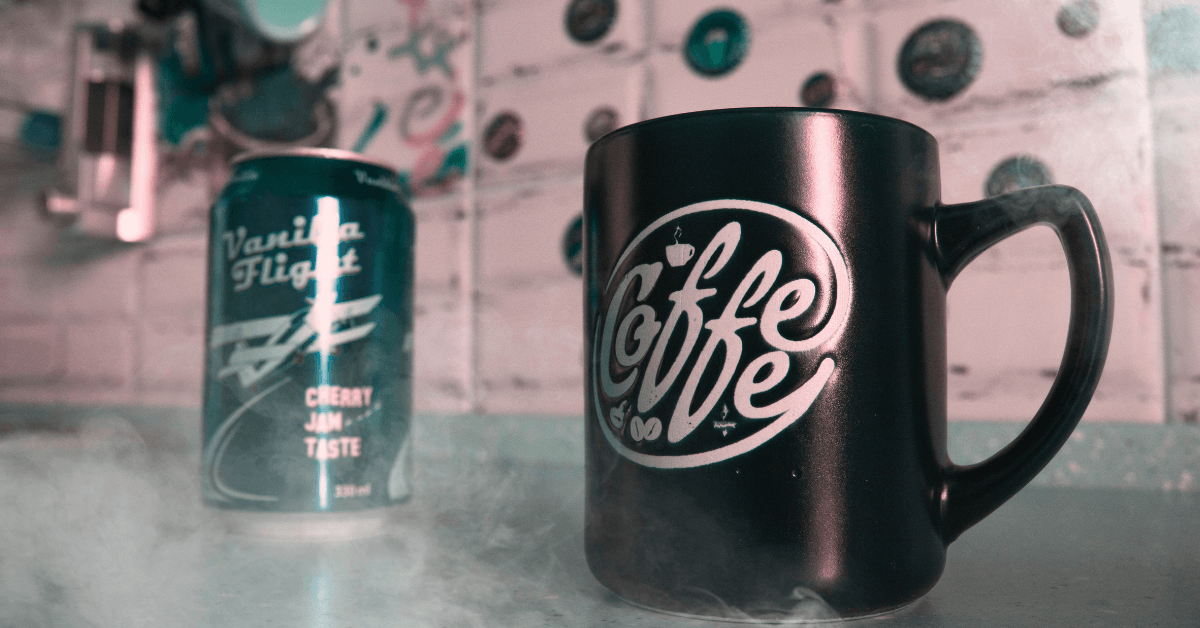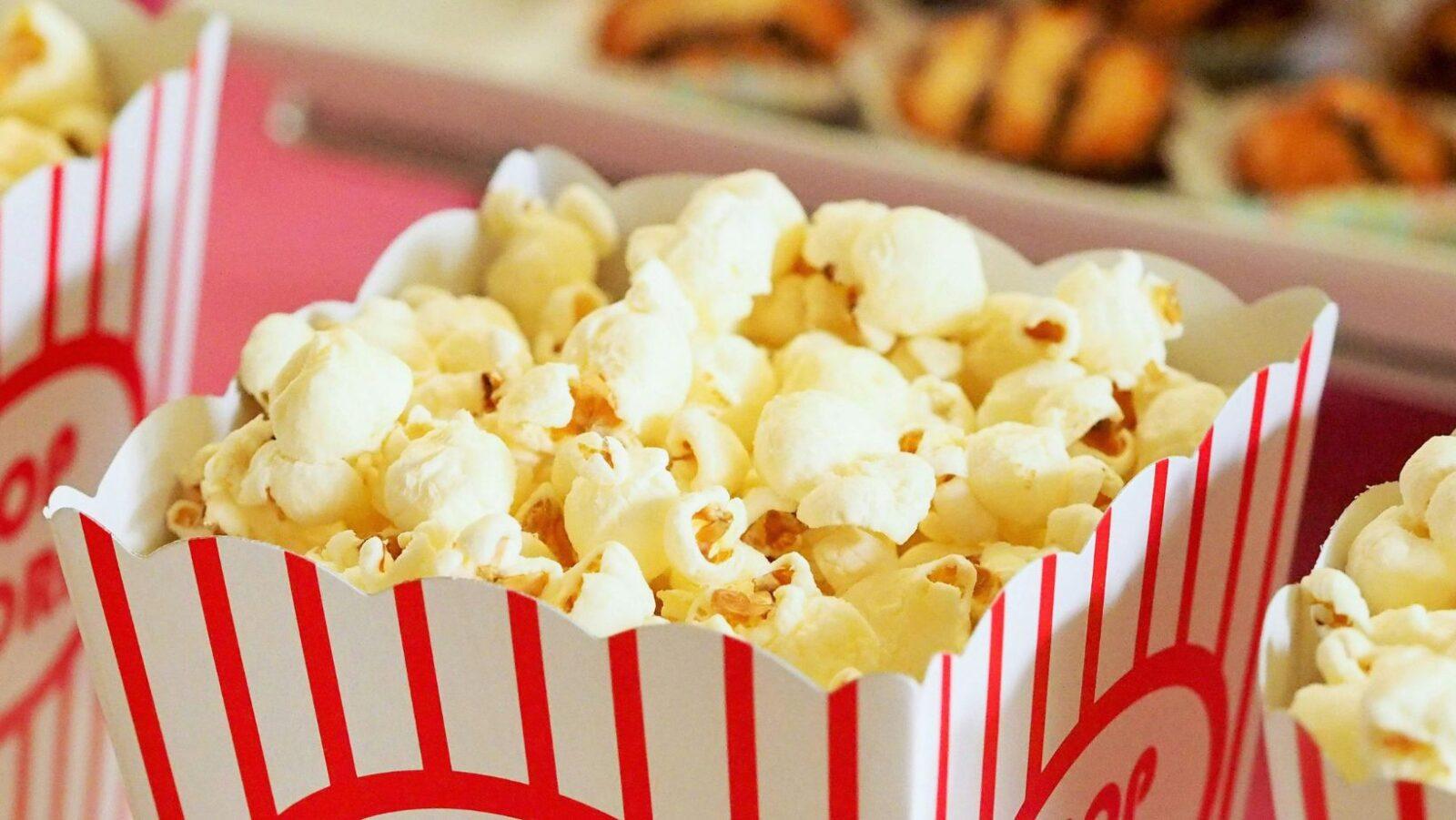•A recently published study examined variations in taste genes to explain our beverage preferences.
•However, the results showed that genes related to these drinks’ psychoactive properties, not taste, help shape our preferences.
•Understanding our preferences for bitter or sweet drinks could help scientists design more effective ways of diet intervention.
Some people find it absolutely necessary to start their day with coffee. Others can’t seem to resist the draw of a nice, cold beer. And of course, there are those who swear by soda, diet or otherwise.
The question is: Why are there certain kinds of drinks that we just can’t seem to resist?
A recently published study in Human Molecular Genetics has a surprising answer: It may be in our genes, but not necessarily the ones associated with taste.
Hooked on a feeling
A team of scientists examined human taste genes to better understand how and why we select our preferred beverages.
Conventional wisdom tells us that we gravitate towards sweet drinks (such as sodas and many fruit juices) or bitter drinks (such as coffee and beer) simply because we enjoy how they taste.
However, according to Marilyn Cornelis from the Northwestern University Feinberg School of Medicine, it’s not our taste genes that determine our drink choices.
Rather, it’s the genes related to the specific psychoactive properties of the drinks in question.
“People like the way coffee and alcohol make them feel,” explained Cornelis, an assistant professor of preventive medicine at Northwestern. “That’s why they drink it. It’s not the taste.”
The bittersweet truth
In the study, the researchers categorized beverages as “bitter” or “sweet.”
Coffee, tea, beer, red wine, liquor, and grapefruit juice fell under the first category. Meanwhile, sugary beverages, artificially sweetened drinks, and non-grapefruit juices were lumped together under the second group.
They logged the number of sweet and bitter drinks consumed by roughly 370,000 participants from the UK. They accomplished this using self-administered questionnaires collected every 24 hours.
Afterwards, they did a genome-wide association study for both drink categories. Then, they attempted to replicate their results in three U.S. cohort studies.
Interestingly, Cornelis and the team found that individuals with a specific variant of FTO (a gene linked to a lowered risk of obesity) preferred sugary drinks.
“FTO has been something of a mystery gene, and we don’t know exactly how it’s linked to obesity,” Cornelis explained. “It likely plays a role in behavior, which would be linked to weight management.”
Drinks and dieting
According to lead study author Victor Zhong, their study was the first to look into genome-wide associations of drink consumption and taste. Zhang, a postdoctoral fellow in preventive medicine at Northwestern, also called it “the most comprehensive genome-wide association study of beverage consumption to date.”
The researchers believe that their findings could help us better understand how genetics is linked to drink consumption. Additionally, the study could reveal previously unknown barriers in diet intervention. With the sheer number of health risks associated with alcohol and sugar consumption, humanity could definitely use a hand in curbing its collective sweet tooth (or shrinking its collective beer belly).
Cover photo: Ruslan Alekso
References
- https://www.sciencedaily.com/releases/2019/05/190502100814.htm
- https://academic.oup.com/hmg/advance-article-abstract/doi/10.1093/hmg/ddz061/5424254
Author: Mikael Angelo Francisco
Bitten by the science writing bug, Mikael has years of writing and editorial experience under his belt. As the editor-in-chief of FlipScience, Mikael has sworn to help make science more fun and interesting for geeky readers and casual audiences alike.







